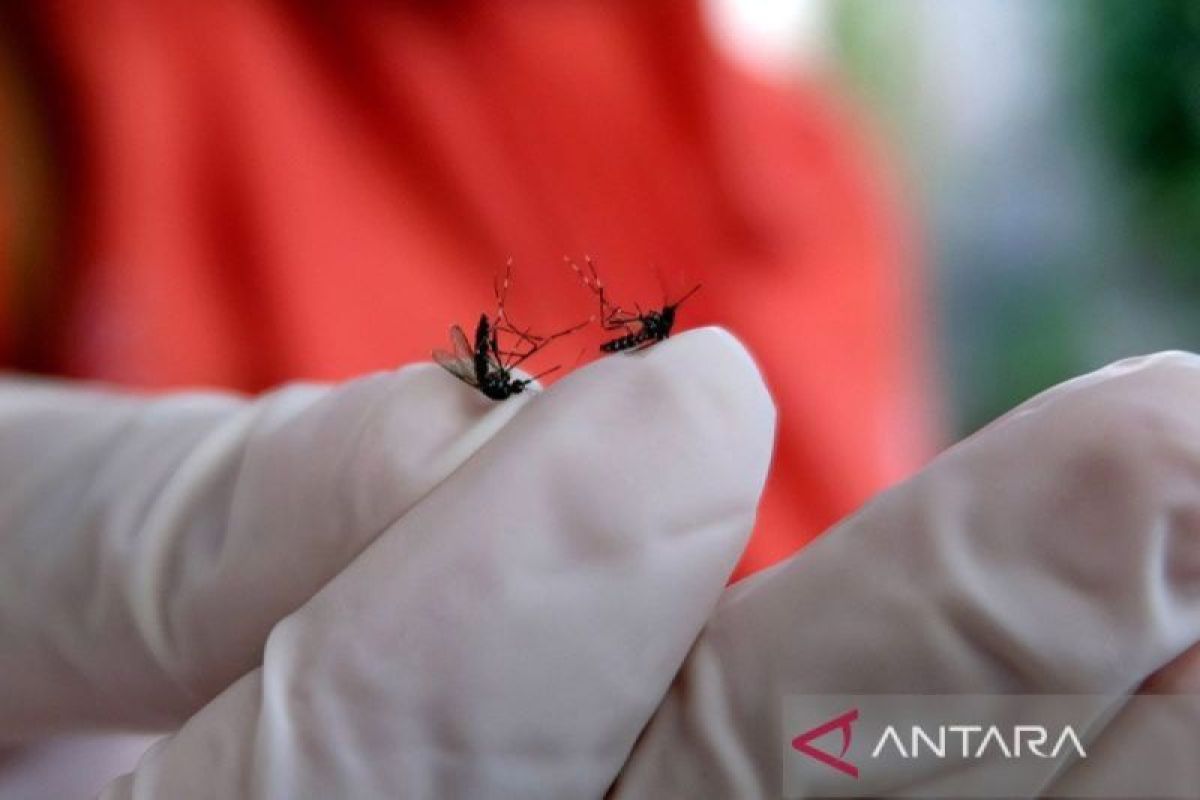Dengue fever, also known as DBD, is a serious illness caused by the bite of infected mosquitoes. The two main culprits behind the spread of this disease are the Aedes aegypti and Aedes albopictus mosquitoes. These two species are commonly found in Indonesia and are known to carry the dengue virus.
Aedes aegypti and Aedes albopictus have some key differences that make them unique in their ability to transmit the dengue virus. Aedes aegypti is the primary vector of dengue fever in urban areas, while Aedes albopictus is commonly found in rural and suburban areas. Aedes aegypti is known for its preference for feeding on humans, while Aedes albopictus is more opportunistic in its feeding habits, feeding on both humans and animals.
Another difference between the two species is their breeding habits. Aedes aegypti prefers to lay its eggs in clean, stagnant water found in containers such as flower pots, tires, and water storage tanks. On the other hand, Aedes albopictus can breed in a wider range of habitats, including natural water sources like tree holes, bamboo stumps, and leaf axils.
Both Aedes aegypti and Aedes albopictus are capable of transmitting the dengue virus through their bites. When an infected mosquito bites a human, the virus is transmitted into the bloodstream, causing symptoms such as high fever, severe headache, joint and muscle pain, and rash. In severe cases, dengue fever can lead to complications such as hemorrhage and shock, which can be fatal if not treated promptly.
Preventing the spread of dengue fever involves controlling the mosquito population and avoiding mosquito bites. This can be done by eliminating breeding sites, such as removing standing water and keeping containers covered. Additionally, using insect repellent, wearing long sleeves and pants, and staying indoors during peak mosquito activity hours can help reduce the risk of being bitten.
In conclusion, understanding the differences between Aedes aegypti and Aedes albopictus mosquitoes can help in the prevention and control of dengue fever. By taking proactive measures to reduce mosquito breeding sites and protect oneself from mosquito bites, we can help prevent the spread of this potentially deadly disease in Indonesia.
